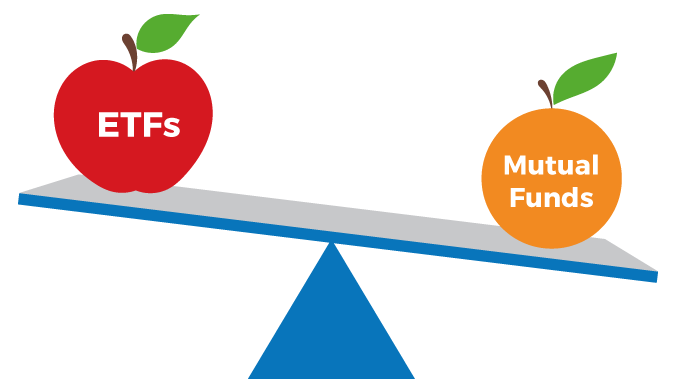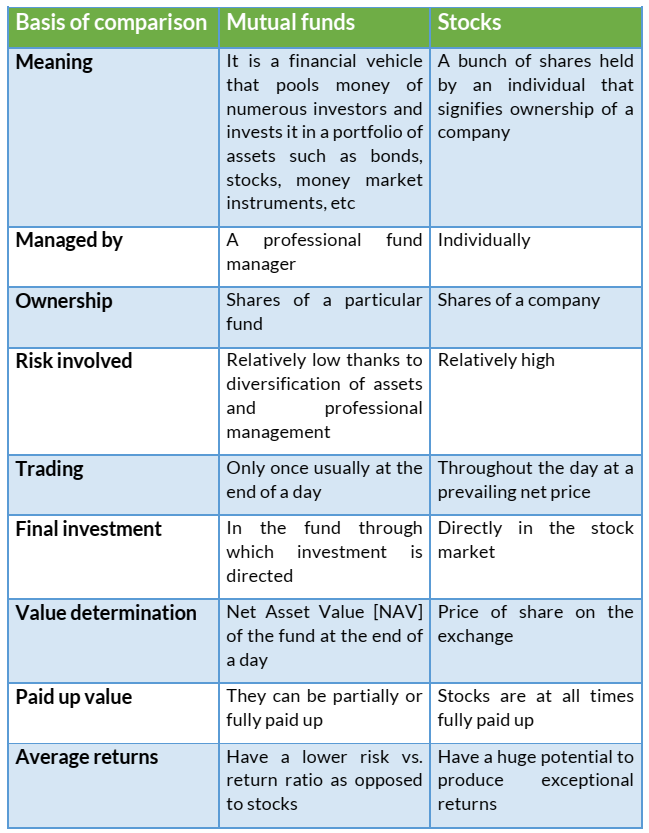As a parent, holding your child in your arms is the most precious feeling. You want to do everything in your power to protect them and keep them secure. Unfortunately, life is designed in a way that you cannot always be there to safeguard them in the future. Therefore, it is wiser to have a plan in place to protect them, especially when you’re not around.
Your children depend on you for their needs and even their future goals. In your absence, they might have to suffer both emotionally and financially. Without a proper source of income or a financial cushion, your children might have to compromise on their standard of living and even give up their life dreams. The emotional impact of losing a parent can subside over the years, but the monetary impact of losing a breadwinner can leave them distressed or leave them struggling over a longer time.
Amidst the fast pace of this life, rising uncertainties and the ever-changing dynamics, it is critical that your spouse and children have a reliable financial backup to secure them financially in your absence. For this purpose, you can consider investing in a comprehensive term insurance plan.
Know how can a term plan provide total protection for a child’s future:
What are term plans, and how do they protect your child’s future?
Term insurance policies are pure life insurance plans that pay out an assured benefit to your nominee in case of your unfortunate demise during the plan tenure. When you buy term insurance, you can easily secure the future of your child from being jeopardised by the financial struggles they would otherwise face because of the loss of income.
A term policy is one of the most reliable insurance policies because it does not have an investment component and remains unaffected by the volatile movements of the market. Your children have the freedom to use this money to pay for their regular expenses, maintain their standard of living or even accomplish long-term financial goals like pursuing higher education.
The all-new Edelweiss Tokio Term Plan – Total Protect Plus gives you an additional and optional benefit to enhance your term life insurance coverage by selecting Child’s Future Protect Benefit. This benefit gives you the freedom to increase your life cover, on opting for an additional sum assured from 10% to 100% of the base sum assured, if your child is between 0 and 18 years of age. This term plan for parents allows you to create a wider financial safety net for your child.
What are the benefits of a term policy?
If you buy online term insurance, you are essentially investing in your peace of mind. This term plan for parents acts as a reliable financial security instrument for your little one.
Here are some top benefits of a term policy:
- Financial security: Term insurance secures the future of your child by providing them with guaranteed financial aid in the event of your passing. Terms plans guard your children and dependents, such as your spouse, against having to take on any financial burden. The money can be used by children to pay off any existing debts, meet their living expenses and even pay for their education or set up a business. The term policy benefit can be a lump sum or regular monthly income.
- Reasonable premiums: Term insurance plans are one of the most cost-effective and affordable life insurance policies. These plans offer wide sum coverage at a fraction of the term insurance premium as compared to other similar plans. If you have a high sum assured, good term plans also give you discounts on term insurance premiums. Affordable term insurance premiums and discounts make it easier for you to buy comprehensive coverage, thus providing a significant corpus for your children. Female lives covered also involve lower premium costs.
- Flexibility: Sound term plan for parents give you higher flexibility. These term insurance policies allow you to choose coverage as per your requirements. You also have the freedom to define your policy term, which could be aligned with your child’s education years. Further, you can customise your premium payment frequency (annual, semi-annual, quarterly, monthly) and death benefit mode (lump sum, monthly income, lump sum plus monthly income) to suit your child’s financial needs.
- Tax benefits: When you buy online term insurance, the premiums you pay for your term policy are exempt from taxes under Section 80(C). Additionally, the death benefit received by your child in case of your unfortunate demise during the term policy tenure is also tax-free under Section 10(10D) of the Income Tax Act, 1961. This allows you to take advantage of tax benefits in the present as well as not burden your children with tax liabilities in the future.
Overall, a term policy is a recommended protection plan that you can use to protect your child. It is a legacy you can leave for your family that can cater to their needs. You can have peace of mind knowing that your children can live a financially sheltered life even if you are no longer around to support them.
As a parent, investing in a term plan for parents is a wise choice that you should make as soon as your child is born. Investing early on gives you the advantage of getting lower premiums, high sum assured, better discounts and an extended security period.
However, with so many online term insurance plans available, it is vital that you conduct in-depth research and choose the best term policy as per your needs. Get your term insurance quotes, know the policy terms and conditions, inclusions and exclusions, as well as term insurance premium affordability, before you make the final decision.
The choices you make today can significantly impact the future of your children. So, take the right step in the right direction, with Edelweiss Tokio Life – Total Protect Plus and Child’s Future Protect Benefit option!









